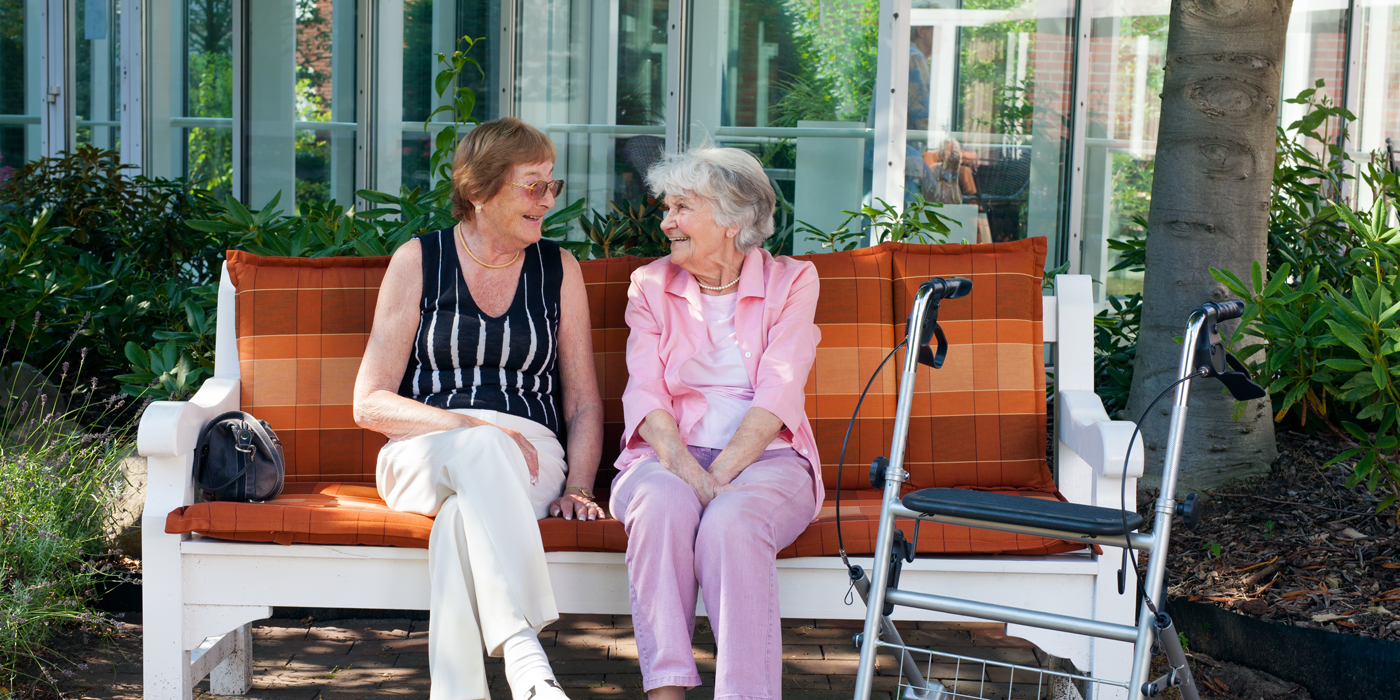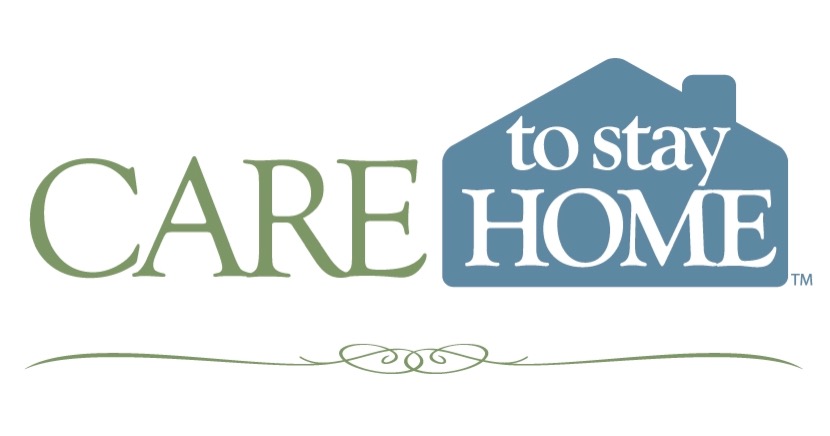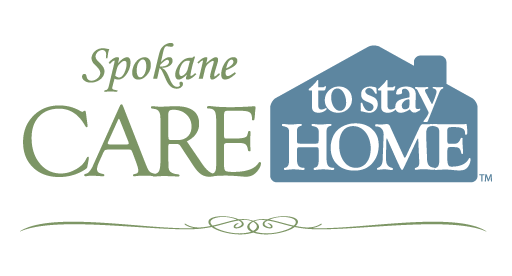
14 Jul When Tragedy Strikes: How to Support Your Mom Through Difficult Times
Tragedy Strikes: How Can I Help Mom?
You’re going about your day when the phone rings. It’s the hospital. Your mom has fallen. She’s fractured something—maybe a hip, maybe a wrist—and now she’s in a hospital bed, groggy from medication, confused, and in pain.
And just like that, you’re in charge. You sit in the hospital room, hearing doctors and nurses throw around terms like “discharge plan,” “skilled rehab,” “home safety evaluation,” and “long-term care options.” They look to you for decisions, but you’re not sure what to do. You’re not a nurse. You’re not a therapist. You’re just… someone’s son or daughter trying to do the right thing. And the truth is, you saw this coming.
Mom has been declining slowly ever since Dad passed. She’s been managing, more or less, on her own. She insists on her independence. She doesn’t want to move. She doesn’t want to be a burden. She wants to stay in her home, the one full of memories, where her coffee pot and couch, and garden are familiar and hers. You want to honor that. But right now, she’s vulnerable. She’s scared. She can’t think clearly, and you are the one who has to make the next move.
So, like most of us would, you go online. You search:
“Options for mom after hospitalization.” “Can mom stay at home after breaking her hip?” “Home care vs. nursing home Spokane.” And the results? Overwhelming. Conflicting. One site tells you to place her in assisted living. Another pitches a medical rehab facility. Someone else says in-home care is too risky. And somewhere in that noise, you just want to know what your mom would want.
What Do Seniors Actually Want?
Here’s what the data says—clear and loud:
✅ 95% of seniors want to remain in their own homes or live with a trusted family member.
✅ Most of all, they want freedom of choice, dignity, and a sense of control over their lives, even when their health changes.
And here’s the good news:
There are ways to support Mom’s recovery at home, safely. You Don’t Have to Do This Alone. At Spokane Care to Stay Home, we help families just like yours navigate these sudden transitions with clarity and compassion. Whether Mom needs 24/7 support or just a few hours of help each day, we customize care to support her independence while ensuring her safety.
We can help with:
– Post-hospital recovery care
– Medication reminders and monitoring
– Fall prevention and mobility assistance
– Meal preparation and nutrition
– Companionship and emotional support
– Communication with your mom’s care team
We’re not here to sell you something you don’t need. We’re here to listen to your mom’s wishes and help you build a care plan that respects her values and your family’s reality.
What Are Your Options?
- In-Home Care:
Trained caregivers come to Mom’s home to help with recovery, daily tasks, and health monitoring. This often avoids the need for facility placement.
- Short-Term Rehab Facility:
After a hospital stay, a short stint in a rehab center may be recommended before returning home. Home care can take over after discharge.
- Assisted Living or Nursing Facility:
These are options, but only if home care is not feasible due to medical or safety concerns. Many families turn to them without realizing that home care in Spokane, WA, can be an alternative.
- Hybrid Approach:
Some families choose a mix of part-time in-home care and family support to keep loved ones at home longer.
Start With One Simple Step
Call us. Talk to someone who’s been through this before. Let’s find out what’s best for your mom, not what’s easiest, cheapest, or most convenient for the system. Spokane Care to Stay Home is here when you’re not sure where to turn. Let us help you turn the panic into a plan. Your mom wants to stay home. Let’s help her do it safely.


